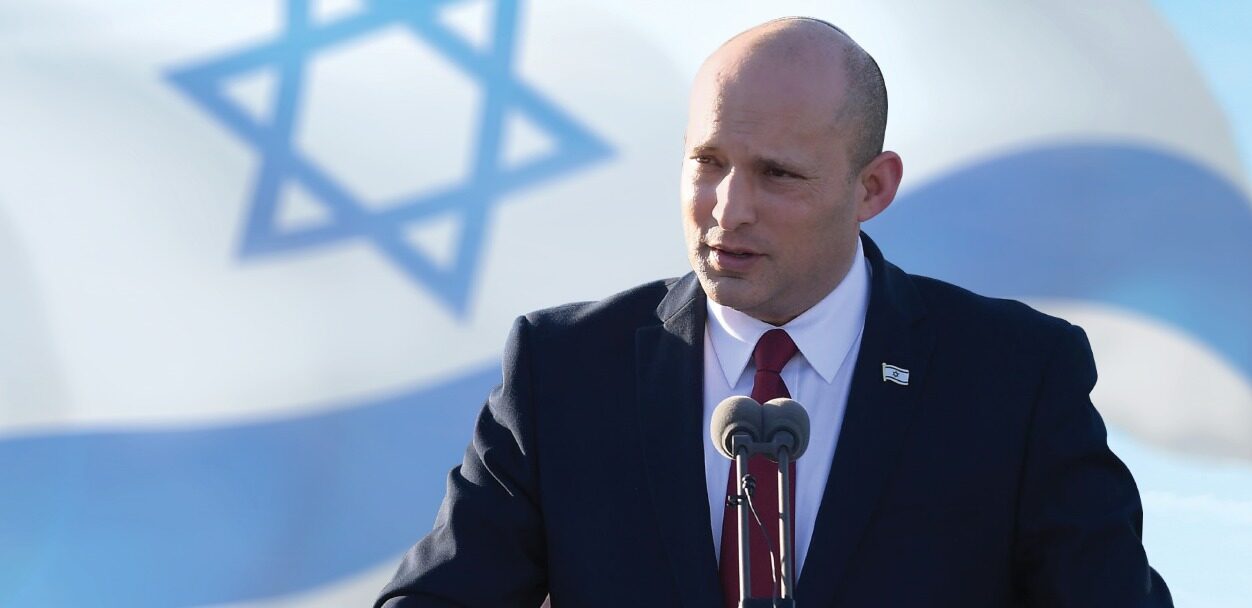Let me explain Israel’s military shopping in the United States

The anti-Iran moves of Israel and the United States in the latest contracts for the purchase of important weapons systems for the Jewish state. An in-depth study by Giovanni Martinelli
It is December 31, 2021, the very last day of the year just ended, when the long-awaited news arrives from Washington: Israel and the United States have signed contracts for the purchase of important weapon systems for the State Jewish.
In detail, the first of the 2 concerns the supply of 12 heavy transport helicopters of the CH-53K King Stallion type, developed by the American company Lockheed Martin / Sikorsky. The total value of this contract is indicated in approximately 2 billion dollars and foresees, in addition to an option for an additional 6 aircraft, that deliveries will start from 2026.
The Israeli Air Force (or Israeli Air Force, IAF) has long been looking for a replacement for its current fleet of transport helicopters. So much so that it started a competition with another aircraft belonging to the same category; that is, the iconic CH-47 Chinook. However, the greater carrying capacities and the stringent operational requirements of Israel made the former prevail.
The second contract signed, worth $ 1.1 billion, is even more significant; in fact, it provides for the supply of another 2 KC-46 Pegasus refueling aircraft, produced by Boeing and based on the popular 767 passenger transport aircraft, which will therefore be added to the same number ordered last February. And while there are no options, Jerusalem is known to have a requirement for an additional 4 aircraft of this type; for a total of 8.
A number that is consistent with the needs of the Israeli Air Force which, to date, is estimated to line up a total of 11 aircraft of various types. Overall, means are outdated from various points of view; for which the (strong) need for their replacement had long been felt.
The step forward in terms of overall capabilities for the IAF will be so significant; in-flight refueling aircraft, by definition, are considered "force multipliers". Thanks to them, in fact, it is possible to extend the range of action of one's fighters and / or fighter-bombers, increasing their operational capabilities. Well, the KC-46 from this point of view represents one of the most modern solutions in this field.
However, a "dispute" between the United States and Israel arose on a specific aspect of the contract; the latter in fact asked to speed up the delivery of the KC-46s themselves but it was reiterated by Washington that this will not be possible. So, at least until 2025, no planes will arrive in Israel.
On the surface, it might even seem like a trivial matter. In reality, it acquires considerable value when it is linked to the Iranian question. In fact, as is well known, Tehran's nuclear program (with an evident final objective linked to the development / possession of nuclear weapons by the Islamic regime itself) have long represented the main threat to Israel's security. To the point of not being able to exclude (indeed …!) The possibility of targeted air "strikes" by Jerusalem on the Iranian structures involved in the program itself.
Obviously, in none of the official declarations following the signing of the contracts does the slightest reference to this delicate issue appear. However, it has not escaped anyone that these specific refueling aircraft would represent an important cornerstone for any Israeli operations.
A very tense situation, therefore, in the context of which the Biden Administration's authorization of last May for the sale of precision ammunition also for the IAF (with some of these ammunition designed to hit heavily protected targets) is also framed. As well as the foreseeable demand from Jerusalem in the coming months for new F-35 aircraft (whose characteristics of "invisibility" are ideal for striking undisturbed) and F-15s (capable of carrying a high war load).
In fact, therefore, it is more and more a race against time; a race that revolves around a sort of "triangle", the sides of which are represented by the international community and its efforts aimed at resolving the issue through diplomatic channels, by Iran which instead seems increasingly determined to take the path of the weapon nuclear power and, finally, by Israel which sees its very existence threatened once again and, for this reason, is firmly determined to safeguard it by all means.
This is a machine translation from Italian language of a post published on Start Magazine at the URL https://www.startmag.it/innovazione/israele-stati-uniti-elicotteri-boeing/ on Tue, 04 Jan 2022 06:28:14 +0000.
